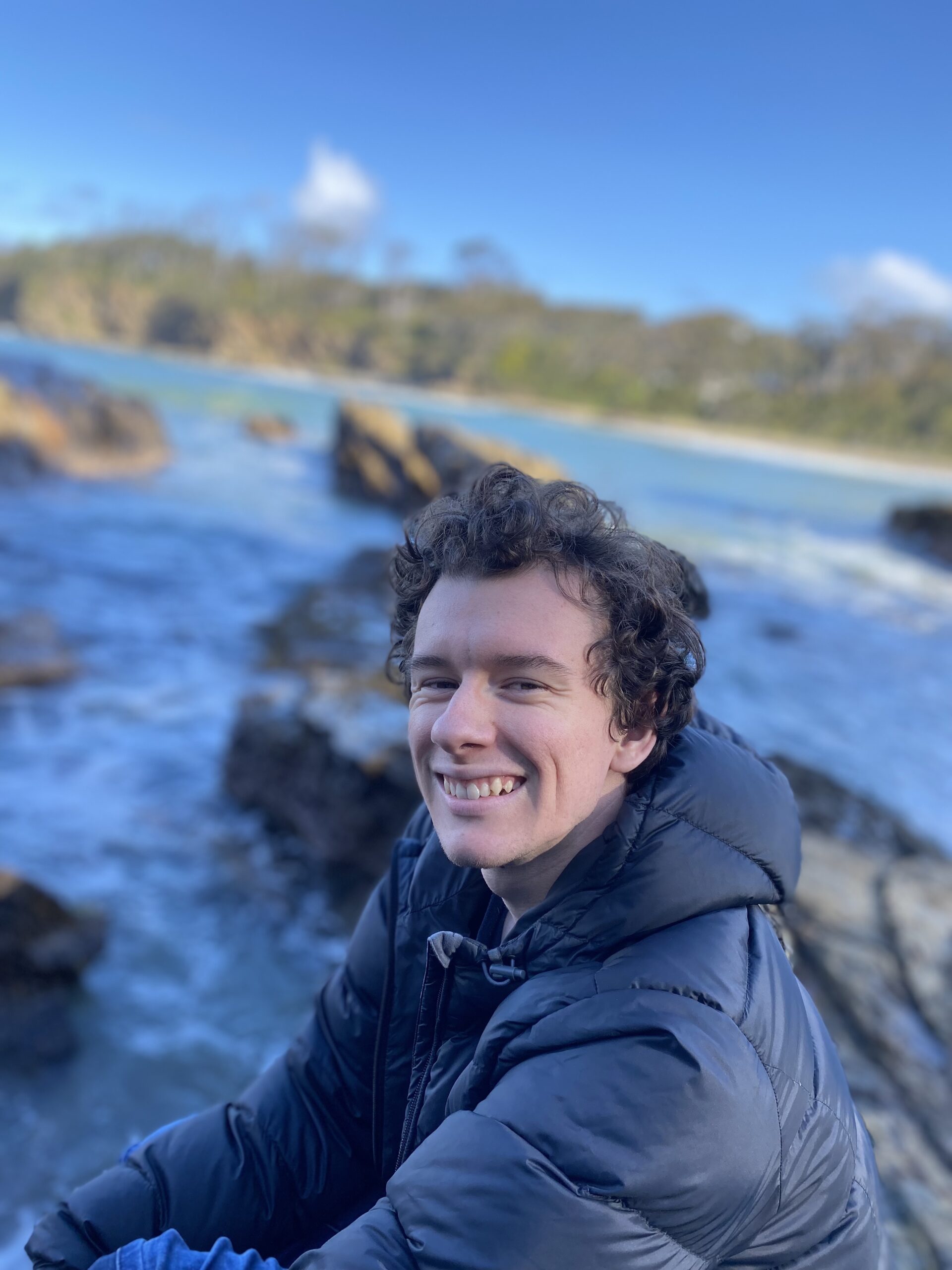When Composing becomes Research
For a long time, artistic practice (think performing, composing, panting, etc.) was not considered research. Research, traditionally, has always been in written form. We might even think of the scientific methods: hypotheses and experiments and results and the write-up of these results as the most traditional research, and it’s something most people are exposed to in school science. Art and social science research doesn’t come until later, usually later high school, but most would be familiar with what research looks like in disciplines like literature or history: the analysis of books and poems or the digging through of primary sources to find a new thread explaining a particular event. We might even see how this can easily expand to arts research: literature is a form of art, so we can analyse artworks like we would a book; or we might look at art from a historical perspective. But creative practice — the making of the literature or composition or performance or painting or sculpture or film — has only recently been considered as also research, despite it having the most in common, I think, with the scientific method.
Partly this is because creative practice academic disciplines are still relatively young. The analysis of musical works, for example, has only really come about in an academic sense in the twentieth century; compare this with scientific papers which have existed for centuries before this. However, creative practice is undeniably research. Think about what is involved in making any work. For an author, they have to express the world they want, which might involve researching locations, settings, time periods, technology, and psychology. Poets need to research metres and similarly draw from a range of experiences. Composers need to learn about the instruments they write for. Performers need to learn about historical contexts of performance or different techniques. I won’t write about visual artists here, because I have less experience there, but that too comprises research. So even though the academic disciplines are quite young, we could argue that creative practice is the oldest form of research that humans have ever done.
The debates now revolve around how best to communicate about this research, which usually comes down to the creative work not holding its own and needing text (a book, thesis, or paper) to explain the research process behind the creative work. In music we call this an exegesis. In my own research, I aim to have the creative work stand alone but with further elaborations in the exegesis. Someone listening to my research would probably understand the main points that are being made; but if they wanted to learn about the theoretical foundations, then they would need to turn to the written exegesis, for music does not have a good system for footnotes and referencing what came before.
So, did composing become research? Or has it always, indeed, been research? And for that matter — is research not in itself a form of creative practice?
